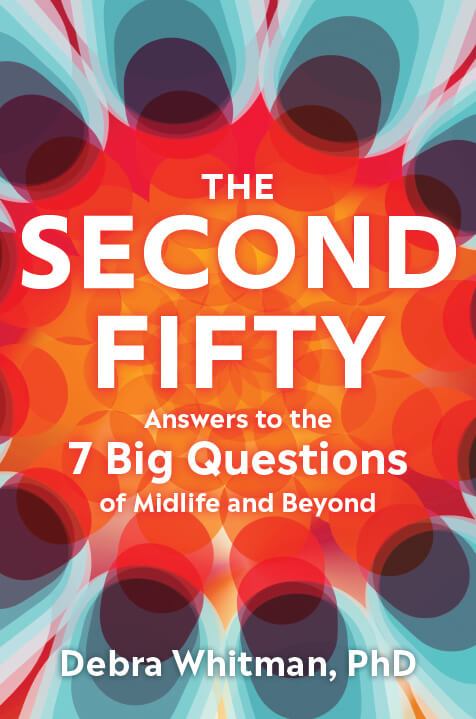HOW AARP IS FIGHTING FOR YOU
AARP Takes On Aging Well

AS THE chief public policy officer at AARP, I have spent the past decade working to improve the lives of people and their families as they age. Yet as I approached my own 50th birthday, I asked myself the questions I’d been studying for years: How long will I live? Will I stay healthy? How long will I work? Who will care for me?
In search of answers, I talked to older people and experts and looked at new research in science and medicine. The result is my new book, The Second Fifty: Answers to the 7 Big Questions of Midlife and Beyond (W.W. Norton & Company, 2024).
Here are a few of the surprising things I learned.
→ Health has less to do with genes than environment and behavior. You’ve probably seen lists of the five healthy habits: a good diet, regular exercise, healthy body weight, no smoking, and limited or no alcohol. Practice four of these five habits and you can gain eight to 10 years free of major medical problems. But a sense of purpose may also help us live longer. And staying connected through work, volunteering or close relationships is crucial. Healthy relationships are linked to better immune functioning, lower blood pressure and lower levels of inflammation.
→ Decline is not inevitable. Some cognitive faculties actually improve as we age, and we also tend to become more resilient emotionally. Plus, we can take steps to support our brain health. Adopting those five healthy habits helps lower the risk of dementia by up to one-third.
→ We can’t do it alone. If we are going to create a society where Americans can flourish in their second 50, we need leaders with solutions that make it easier to age well. That’s why AARP and our network of advocates fight to improve and protect systems like Medicare and Social Security that support us as we get older. Find out more about the book at aarp.org/TheSecondFifty. All of AARP’s royalties from book sales support the charitable work of AARP Foundation. —Debra Whitman
AARP The Magazine (ISSN-1541-9894; USPS 357-600) is published bimonthly by AARP, 601 E St. NW, Washington, DC 20049. Copyright © 2024 AARP. All rights reserved under the Berne and Pan American copyright conventions. Reproduction in whole or part without written permission prohibited. AARP The Magazine, AARP, the AARP logo design, Movies for Grownups and TV for Grownups are all registered trademarks of AARP. One membership includes additional household member. Annual membership dues are $16, including $4.03 for subscriptions to AARP The Magazine, $3.09 to AARP Bulletin. A three-year membership is $43; a five-year membership is $63. Dues outside domestic U.S. mail limits: $17/year for Canada/Mexico; $28 for other countries. Periodicals postage paid at Washington, D.C., and additional mailing offices. POSTMASTER: Send address changes for AARP The Magazine c/o AARP, P.O. Box 199, Long Beach, CA 90801.
